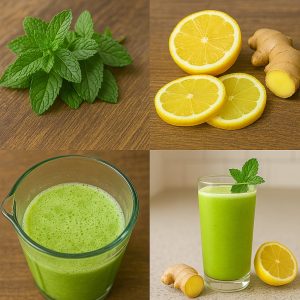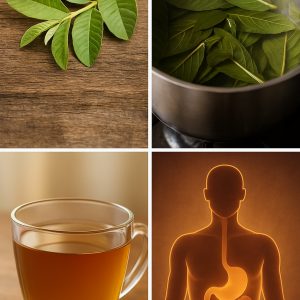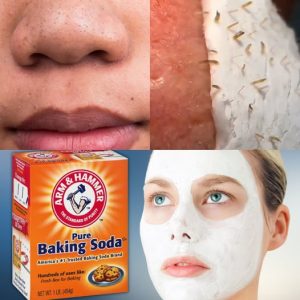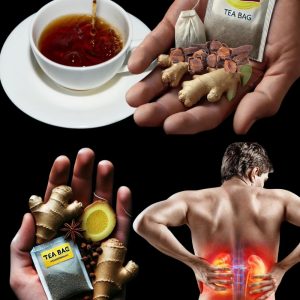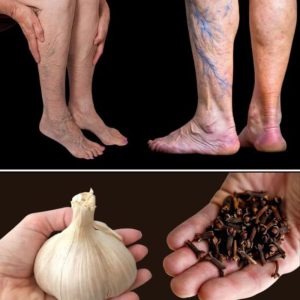Salt and water, two of the most basic yet essential elements, play a crucial role in maintaining overall health and well-being. While the importance of staying hydrated is widely recognized, the role of salt in bodily functions is often overlooked. Together, salt and water form a powerful duo that supports various bodily functions, ensuring that you remain healthy and energized. Let’s explore how salt and water contribute to optimal health and why balancing their intake is key.
The Role of Water in the Body
- Hydration:
- Water is vital for keeping every cell in the body hydrated. It helps maintain the balance of bodily fluids, which are essential for digestion, absorption, circulation, and temperature regulation.
- Detoxification:
- Water aids in flushing out toxins from the body through urine and sweat, helping to keep the kidneys and liver functioning properly.
- Digestion:
- Adequate water intake ensures smooth digestion by helping to dissolve nutrients and facilitating their absorption in the digestive tract.
- Joint Lubrication:
- Water acts as a lubricant for joints, reducing friction and preventing discomfort and pain.
The Importance of Salt
- Electrolyte Balance:
- Salt is crucial for maintaining the balance of electrolytes in the body, which are necessary for nerve transmission, muscle function, and hydration.
- Blood Pressure Regulation:
- Sodium, a key component of salt, helps regulate blood pressure by balancing fluid levels in the blood.
- Muscle Function:
- Salt is essential for proper muscle function, including contraction and relaxation. It helps prevent muscle cramps and spasms.
- Nervous System Support:
- Sodium ions in salt are vital for the proper functioning of the nervous system, including the transmission of nerve impulses.
How to Balance Salt and Water Intake
- Stay Hydrated:
- Drink an adequate amount of water throughout the day. The recommended daily intake is about 8-10 cups, but individual needs may vary based on activity level, climate, and overall health.
- Moderate Salt Consumption:
- While salt is necessary, it’s important to consume it in moderation. The recommended daily intake is about 2,300 milligrams of sodium, but those with certain health conditions may need to limit their intake further.
- Choose Quality Salt:
- Opt for natural, unprocessed salts like sea salt or Himalayan pink salt, which contain essential trace minerals that are beneficial for health.
- Listen to Your Body:
- Pay attention to your body’s signals. Thirst indicates a need for water, while cravings for salty foods may indicate an electrolyte imbalance.
Practical Tips
- Hydration Routine:
- Start your day with a glass of water and continue drinking water at regular intervals. Carry a water bottle with you to stay hydrated on the go.
- Salt in Diet:
- Add a pinch of natural salt to your meals to enhance flavor and provide essential minerals. Be mindful of processed foods, which often contain high levels of sodium.
- Electrolyte Balance:
- After intense physical activity or exposure to heat, consider an electrolyte drink to replenish lost salts and fluids.
- Monitor Health:
- Keep track of your hydration and salt intake, especially if you have health conditions that require careful management of these elements.
Conclusion
Balancing salt and water intake is crucial for maintaining optimal health. While water keeps the body hydrated and functioning smoothly, salt ensures proper electrolyte balance, nerve function, and muscle performance. By understanding the roles of these essential elements and maintaining a balanced intake, you can support your overall health and well-being.
